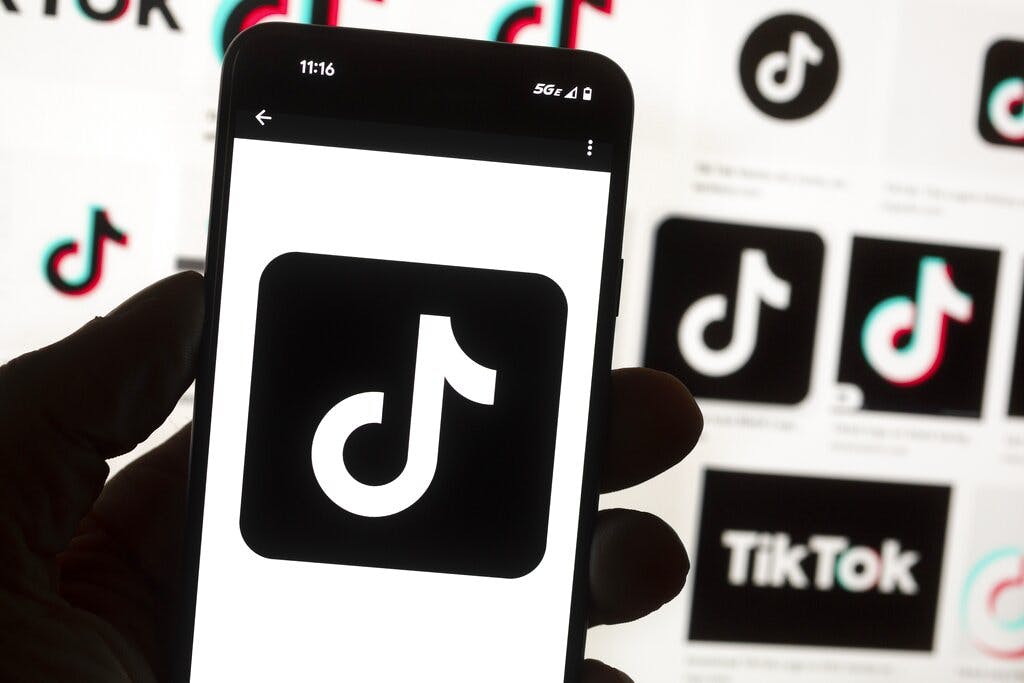Welcome to Washington: Will Congress Finally Get Serious About Data Privacy?
A new proposal from a Senator and a Congresswoman from Washington state — one Democrat and one Republican — could finally do something to protect America’s children.

The question for many parents, advocates, and industry experts today is: Will Congress suddenly get serious about data privacy, especially for our children?
A new proposal from the chairwomen of both chambers’ Commerce Committees — Senator Cantwell and Congresswoman Cathy McMorris Rodgers — is maybe the best hope yet for such protections. For more than a decade, Congress has toyed with the idea of placing serious limits and even more serious sanctions on those tech giants who trade Americans’ online data.
The two lawmakers, who combined have more than four decades of congressional experience, have long been at odds. Ms. Cantwell, a Democrat, has been one of the legislators who, unknown to most Americans, puts her head down and does her work without fanfare. Ms. Rodgers, a Republican, has served in various leadership posts in the House GOP and recently made the decision to retire after two decades in the House. At just 54 years old, Ms. Rodgers is young for the lower chamber that boasts an average age of 58.
Ms. Cantwell and Ms. Rodgers have introduced competing legislation in recent years as members of the Senate Commerce Committee and the House Energy and Commerce Committee, respectively. After years of being at odds, they unveiled on Sunday a comprehensive package aimed at protecting the American people from the cartels in California.
“This is a historic piece of legislation that we’ve been working on for several years,” Ms. McMorris Rodgers told her hometown paper, the Spokesman-Review. “Online privacy protections shouldn’t differ across state lines. What we see is a patchwork of state laws developing, and this draft that Senator Cantwell and I have agreed will establish privacy protections that are stronger than any state law on the books.”
The American Privacy Act, as it is titled, is one of those bipartisan, bicameral solutions crafted by level-headed lawmakers of which editorial boards and think-tankers dream. It gives Americans more control over where their data goes and how it is commodified, allows citizens to sue bad actors when they abuse their power, and establishes a national standard for data collection and sales.
Critics of the legislation and dedicated defenders of public nuisances like Mark Zuckerberg and his ilk will say that, “Americans willinging agree to the terms and services, they are fine with having their data taken and sold, and they consented.”
While that may be true that Americans — including myself — consent to such activities does not mean these tech and social media giants have not established, facilitated, and entrenched this Faustian bargain. The choice before the American public today is whether to consent to the hypothetical sale of their data and a complete exclusion from the global economy.
The legislation does not even strip companies of their right to access and sell data — their bread and butter.
If one doubts the intransigence and the anti-intellectualism of these tech giants, just look at the ongoing fight between Congress and the social media app TikTok. Due to concerns that Americans’ data may not be safe in the hands of the app, which is owned by a Chinese parent company, the Senate is considering a House-passed bill to force a divestment.
On the day Ms. Rodgers’ Energy and Commerce Committee was considering the bill that would force a sale or enact a ban of TikTok, the app prompted users to call their representatives to demand the ban be stopped. Members of Congress received calls from children threatening suicide and Senator Tillis even received a call from someone who threatened to murder him and cut his body into pieces.
When the chief executive of TikTok, Shou Chew, was asked in March by reporters if his company is at all “influenced” by the Chinese Communist Party, he repeatedly declined to answer. He has told Congress in the past that his company does not share user data with the Chinese government.
However, one former ByteDance employee has alleged that the parent company has access to that information and used it to surveil pro-democracy protesters at Hong Kong. The company has for years worked on a new data protection system called “Project Texas” aimed at storing data here in America, not on any Chinese servers.
TikTok aside, Ms. Cantwell and Ms. Rodgers are offering the most significant, bipartisan data protection legislation Congress has seen since the explosion of social media apps more than a decade ago. In this period of divided government, Congress may give the legislation a vote on the merits, regardless of what duplicitous lobbying tactics Silicon Valley may deploy.

